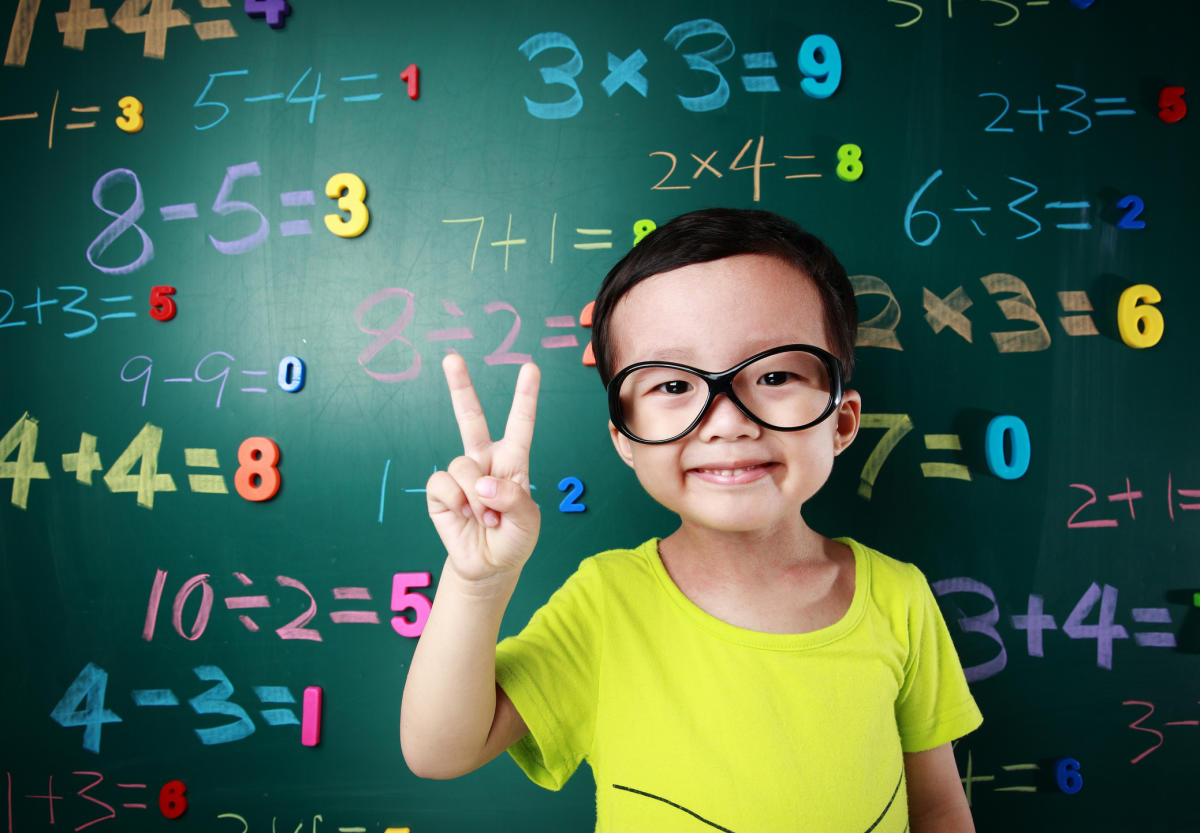
Math for kids
Your children will be able to master math with ease
Learn math brighter with audiobooks for kids
Whether you're looking for interesting ways to teach your child math or a way to improve your understanding, you can turn to audiobooks for easy and convenient learning. Whether your child prefers to learn at home, on the go, or from audiobooks, you'll find many advantages to audiobooks for children. Despite the convenience factor, audiobooks will allow you to avoid the "HW battles" that many students suffer from. These audiobooks contain more than 700 math exercises, including simple word problems that develop critical thinking and increase your child's speed and understanding. They even include 25 exclusive Fun Math for Kids worksheets to help your child learn faster.
Children are often very engrossed in play and often solve problems beyond their abilities. By sticking to problem solving and discussing different approaches, children can improve their math thinking abilities. By introducing children to these concepts through play, they can develop critical thinking and increase their confidence. Using games, children are more likely to understand and remember math concepts. These activities also help increase their self-esteem and encourage them to continue learning.
Random counting can help develop math skills. When children hear people talk about different numbers, they pick up on them. Whether you talk to your child or listen to their stories, your child will soon understand the concepts and patterns. To fully understand the concept of numbering, they must learn to count in reverse order. And if they are listing facts, they must practice in reverse order.
To learn math quickly, children must do simple but not overly complex activities. The idea itself is simple and straightforward, but the actual action will challenge their cognitive function. For example, digging a trench with a spoon is a military punishment based on repetitive small tasks. Similarly, learning the multiplication table requires memorizing individual facts. But the idea is that children must first learn about these concepts. In this way, they can better understand the concept of the multiplication table.
The first steps in developing children's math skills are learning how to recognize patterns and compare objects. During these developmental stages, it is best to focus on simple and engaging activities. For example, a child can learn to write with pencil and paper, but if he or she is too young to learn the alphabet, it may be better to spend time reading books. If he or she wants to be a filmmaker, he or she needs to learn the technical aspects of filmmaking before attempting to make a movie.
While it may seem difficult to make math fun for children, it is important to remember that children's cognitive abilities are not limited by their age. Rather, they are encouraged to develop skills that will help them in the future. Using math in the context of play will encourage creative and innovative thinking, which is key to their learning. For example, if your child is interested in videography, they will enjoy many video games.
The goal for math kids should be fun and interesting. However, it is important to remember that children learn best when given the opportunity to explore their environment and their interests. During this process, they will explore patterns, compare sizes, and count objects. Aside from the simple fun activity, there is an activity that is more challenging, but not completely impossible. Using the right strategies, you can keep your child engaged.
It is important to remember that the difficulty of the activity will depend on the complexity of the idea. If the idea is simple but very challenging, it is important to make it challenging enough to complete. If you don't know how to teach your child to count, try using a drama game. During this activity, your child will learn the meaning of words and letters and understand how to use these words to solve problems.
The idea of the game can be very simple or very complex. In both cases, children will learn how to multiply one number by another. Through games and interactive activities, children can learn basic math skills. They can also compete against each other to see who gets the most points. There are many free apps for kids. Many of these games are also fun for parents. In addition to teaching your child to count, they can also help their children understand their numbers in different situations.


